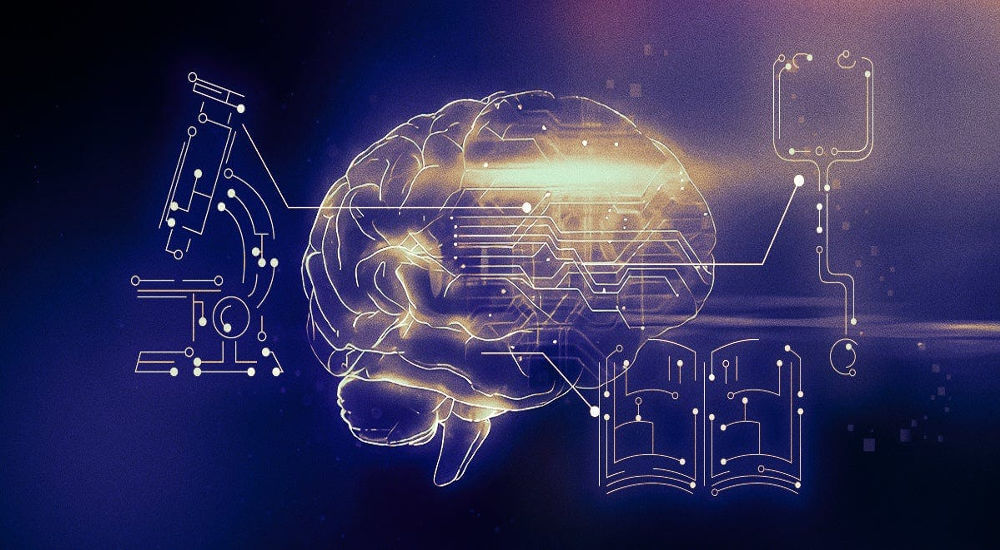Artificial Intelligence (AI) and Machine Learning (ML) are no longer futuristic concepts relegated to science fiction. In the contemporary business world, they have become essential tools for enhancing efficiency, streamlining operations, and driving innovation. This article delves into the profound impact that AI and ML have had on business operations across various industries.
Efficiency is the cornerstone of business success, and AI and ML offer an incredible boost in this regard. Through automation and the deployment of ML algorithms, these technologies can optimize mundane, time-consuming tasks, freeing up human resources for more strategic and creative endeavors. For example, AI-powered chatbots can manage customer inquiries, and ML can revolutionize supply chain logistics.
Data-driven decision-making is another hallmark of the AI and ML revolution. These technologies can process vast volumes of data with lightning speed, providing organizations with real-time insights. This is invaluable in areas such as sales forecasting, marketing campaign optimization, and risk management.
Personalized customer experiences have become a standard in today’s business landscape, and AI and ML are the driving force behind this trend. By analyzing customer data, these technologies can recommend products, tailor marketing messages, and predict customer behavior, leading to increased customer satisfaction and loyalty.
In industries like manufacturing and healthcare, predictive maintenance is a game-changer. AI and ML algorithms can predict when machinery might fail or require maintenance, reducing downtime, extending equipment life, and lowering operational costs.
AI and ML also play a pivotal role in fraud detection. By identifying unusual patterns in financial transactions, these technologies can help protect businesses and financial institutions from cyber threats and fraudulent activities.
Human resources and talent management are not left out. AI and ML assist in talent acquisition by matching candidates to job requirements and providing insights into employee performance. These technologies also help design personalized training programs to enhance workforce skills.
Supply chain optimization is a complex task that AI and ML make significantly more manageable. They can predict demand, identify potential disruptions, and suggest cost-effective routes, all of which enhance supply chain efficiency and reduce costs.
In the financial sector and beyond, AI and ML are changing the game in risk management. They assess risk more accurately and in real-time, aiding organizations in making informed decisions and minimizing financial losses.
While the impact of AI and ML on business operations is undeniably positive, there are challenges that organizations must address. These include concerns about data privacy, the
need for a skilled workforce, and potential biases in AI algorithms. It is crucial to tackle these issues to fully realize the potential of these transformative technologies.
In conclusion, the influence of AI and ML on business operations is nothing short of transformative. These technologies improve efficiency, enhance decision-making, and foster innovation across industries. To remain competitive and drive growth in a data-driven and dynamic world, organizations must embrace AI and ML. These tools are no longer optional but have become a necessity for success in the modern business landscape.








